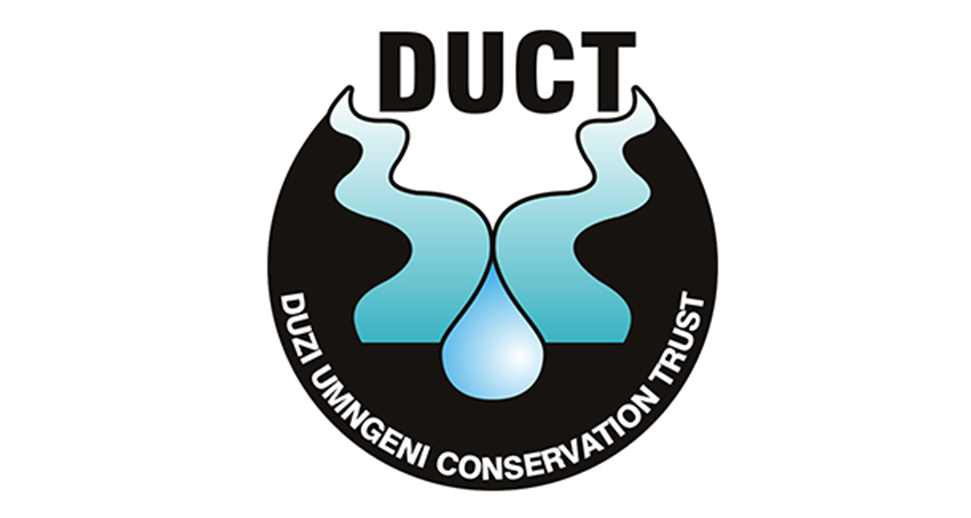An intensive investigation is under way to determine the reason for scores of dead fish being found floating in the Msunduzi River on Wednesday.
Msunduzi Municipality, the Duzi-uMngeni Conservation Trust (Duct) and Umgeni Water are scrambling to find the cause of the mass deaths.
The dead fish were seen floating in the Duzi, and washed up on rocks in the river in a popular hiking area in Ashburton on Wednesday morning by a local resident who asked not to be named.
She told The Witness she was on her morning walk when she came across the fish floating belly up in murky water.
Another resident, who also regularly walks in the area, said she had not seen any dead fish on Sunday.
The issue was reported to Duct, who in turn reported it to the Msunduzi Municipality.
The Witness met Duct pollution control officer Sanele Vilakazi near the site on Wednesday morning, and walked down to the area where the dead fish had been spotted.
When The Witness arrived at the scene on Wednesday dead fish were clearly visible along the banks of the river in a bushy area as well as further downstream on rocks below a ledge where the water flowed strongly.
The stench of rotting fish was almost overpowering.
There were too many dead fish to count.
The reasons for the dying fish are under investigation but Vilakazi said one possibility is that concentrated industrial effluent might have washed into the river and killed the fish.
Another possibility raised by an Msunduzi source was that die-off may have been caused by a massive change in water temperature (due to the heat) or from sewerage.
The Witness received information on Wednesday from a local paddler who provided footage of a massive sewerage spillage from the Darvill Sewerage Works leaking directly into the Duzi.
The leak is one of several reported on by The Witness in recent weeks, including a big leak into the Duzi from a broken sewer at Camps Drift.
Vilakazi said, however, that Darvill Sewerage Works is quite far from the area where the fish died, and said in his opinion it was more probable that some toxic effluent was the cause.
He said concentrated industrial waste would have “a huge impact” on the river and its fauna and flora.
He said, at first glance, it appeared as if the fish were “wiped out” in the area but without further investigation this could not be confirmed.
Vilakazi took samples of the water which he has submitted for testing.
Msunduzi municipal spokesperson Ntobeko Ngcobo said an official from the municipality also went down to the site for investigation and said a sample was taken.
“We will be in a position to comment further once we receive the results,” she said.
Umgeni Water conducts numerous tests
Reacting to the report about the spill at Darvill, Umgeni Water spokesperson Shami Harichunder said that over the past five days, there “were numerous power failures at Darvill Wastewater Treatment Works amounting to a total of 41 hours”.
He said one of the outages lasted for 15 hours.
“Power to Darvill is supplied by Msunduzi local municipality. When power supply interruptions occur, Darvill is unable to adequately treat effluent arriving there.”
He said on occasions, incoming effluent is held in the storm dam on site.
Harichunder said it is not usual for the dam to overflow, however, it does overflow when there are power outages and this could be exacerbated by heavy rain.
He said on November 22, there were intermittent spills from the storm dam, however, it is partially disinfected before joining the Duzi.
“It does not, therefore, necessarily mean the source of river contamination downstream of Darvill had been a spill from this plant.”
Umgeni Water is conducting numerous tests, downstream and upstream of Darvill.
“These tests will point to possible sources of contamination.
“To assist in improving river water quality, Umgeni Water will release water from Henley Dam that will dilute the contamination and clear the river quickly.
“A comprehensive response will be provided once the test results become available,” he said.





































